A summary of the Joint Comprehensive Plan of Action (JCPOA) between Iran and the E3/EU+3 (China, France, Germany, Russia, UK, US, and EU Foreign Affairs and Security Policy) is shown in the image below.
This is a plan of action based on a set of measures overseen by an international agency (the IAEA). It is not based on trust, like a treaty would be. It does, however, provide steps in the right direction to form a better relationship between Iran and the US, EU, and the UN Security Council. The politics are complicated, and won't be easily resolved by an agreement. However, this plan of action is feasible because both sides agreed to it and it contains tangible technical measures than can be implemented and monitored.
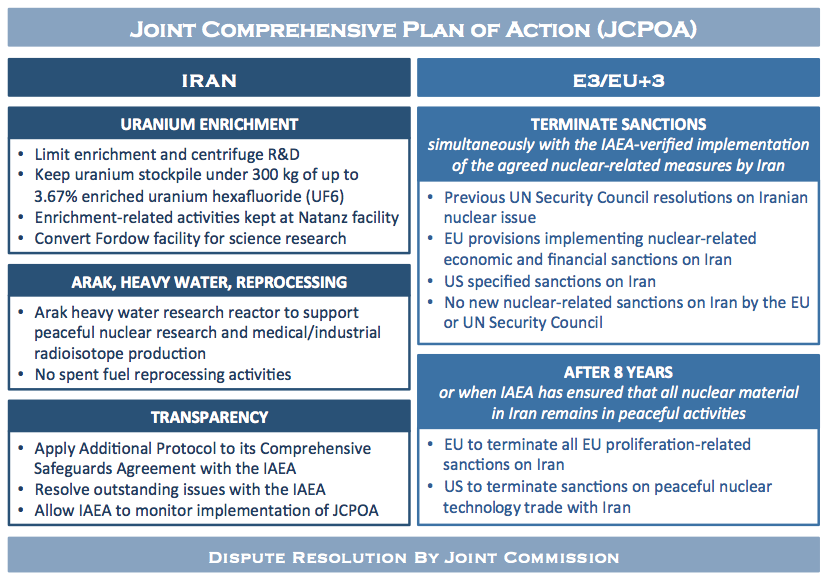
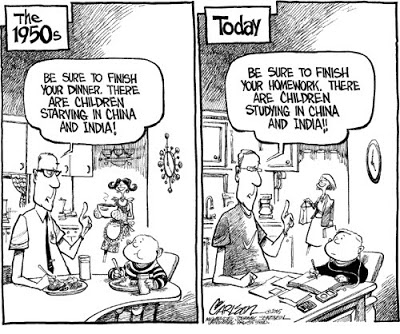
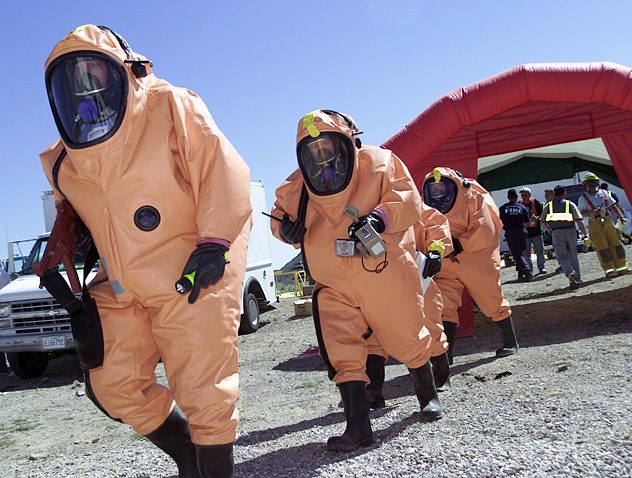
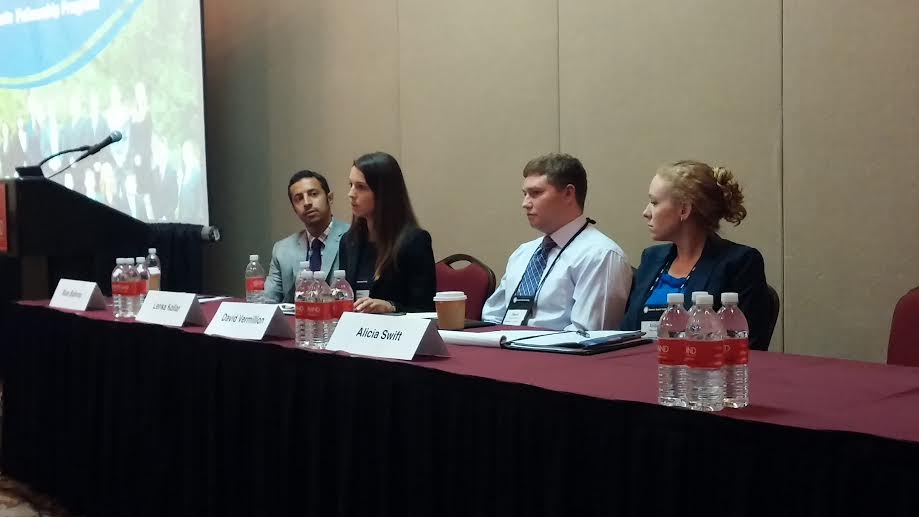
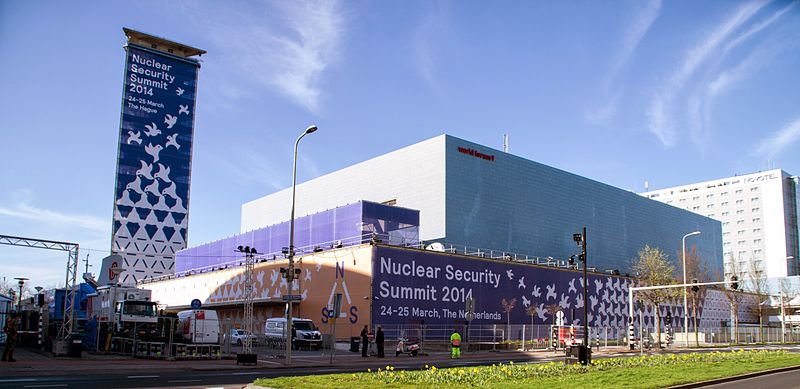
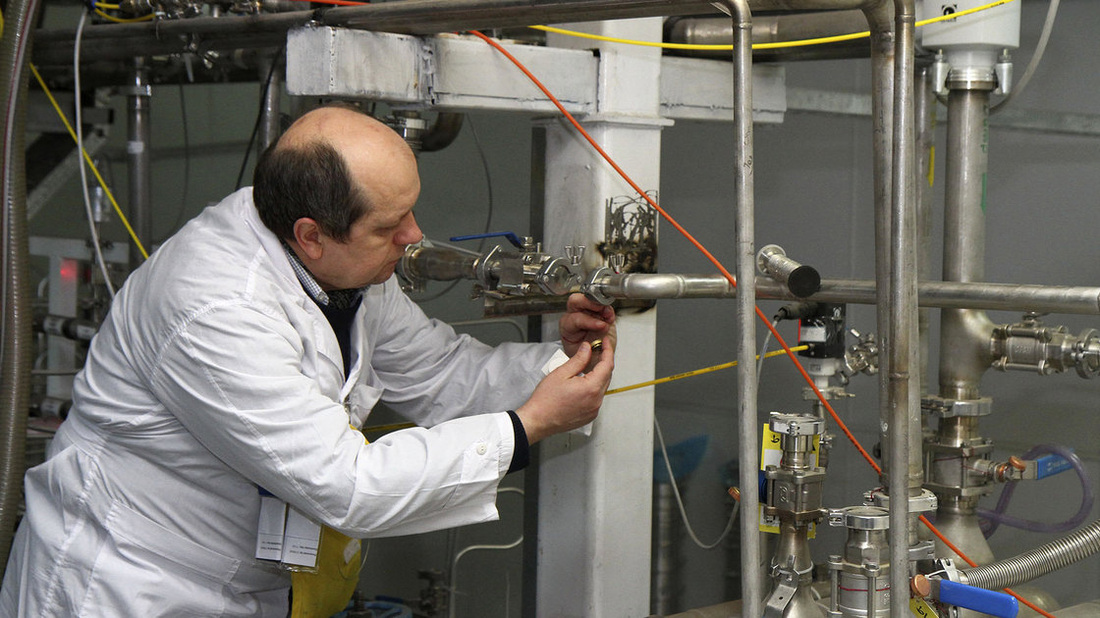
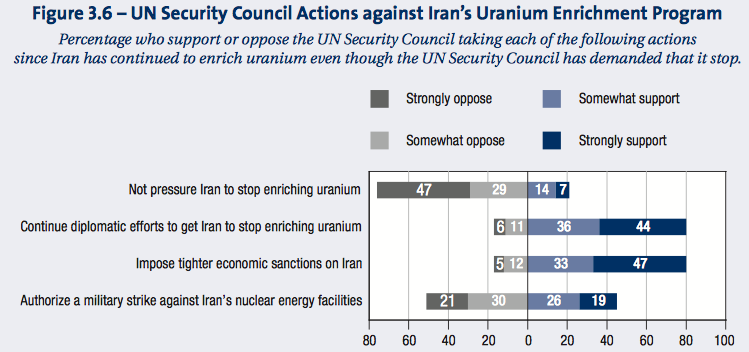
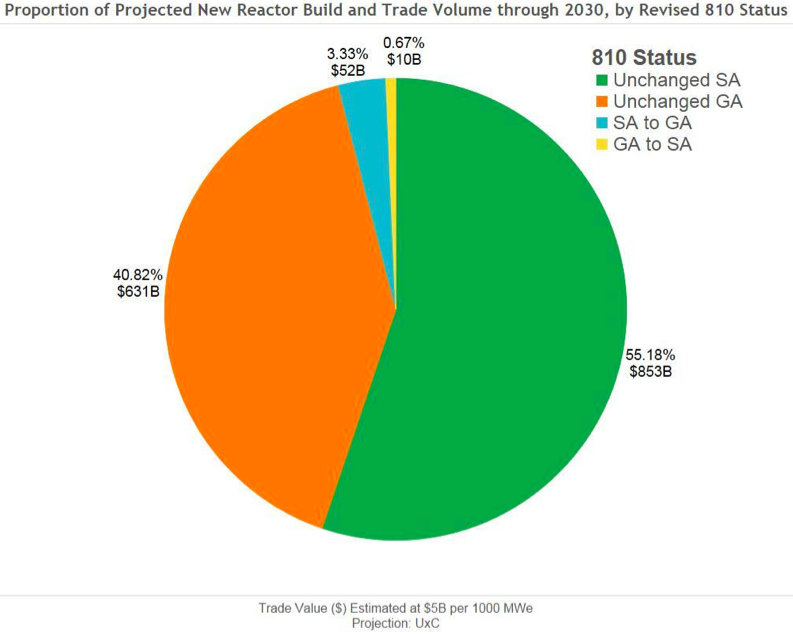

 RSS Feed
RSS Feed

